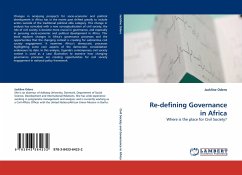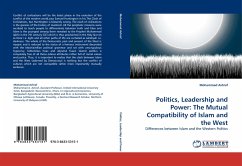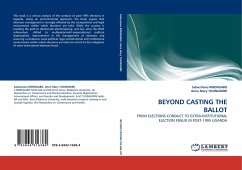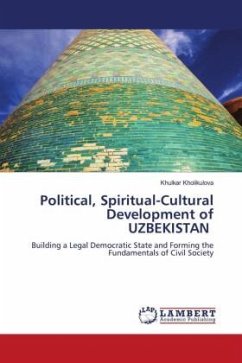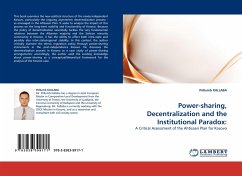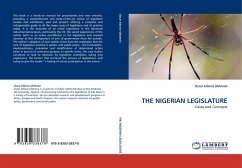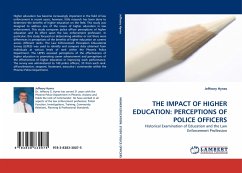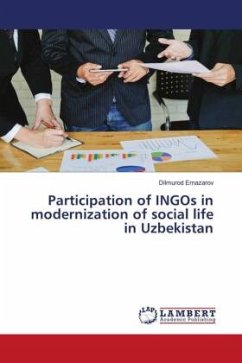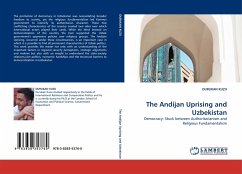
The Andijan Uprising and Uzbekistan
Democracy: Stuck between Authoritarianism and Religious Fundamentalism
Versandkostenfrei!
Versandfertig in 6-10 Tagen
39,99 €
inkl. MwSt.

PAYBACK Punkte
20 °P sammeln!
The promotion of democracy in Uzbekistan was necessitating broader freedom to society, yet the religious fundamentalism led Karimov government to intensify its authoritarian character. These two conflicting characteristics of the country created two sides over which international actors played their cards. While the West insisted on democratization of the country the East supported the Uzbek government's oppressive policies over religious groups. The Andijan Uprising, occurred under these circumstances, is an important case in which it is possible to find all prominent characteristics of Uzbek...
The promotion of democracy in Uzbekistan was necessitating broader freedom to society, yet the religious fundamentalism led Karimov government to intensify its authoritarian character. These two conflicting characteristics of the country created two sides over which international actors played their cards. While the West insisted on democratization of the country the East supported the Uzbek government's oppressive policies over religious groups. The Andijan Uprising, occurred under these circumstances, is an important case in which it is possible to find all prominent characteristics of Uzbek politics. This work provides the reader not only with an understanding of the important factors in regional security perceptions, strategic alignments and rivalries but also with an insight to understand the state-society relations,clan politics, economic hardships and the structural barriers to democratization in Uzbekistan.



